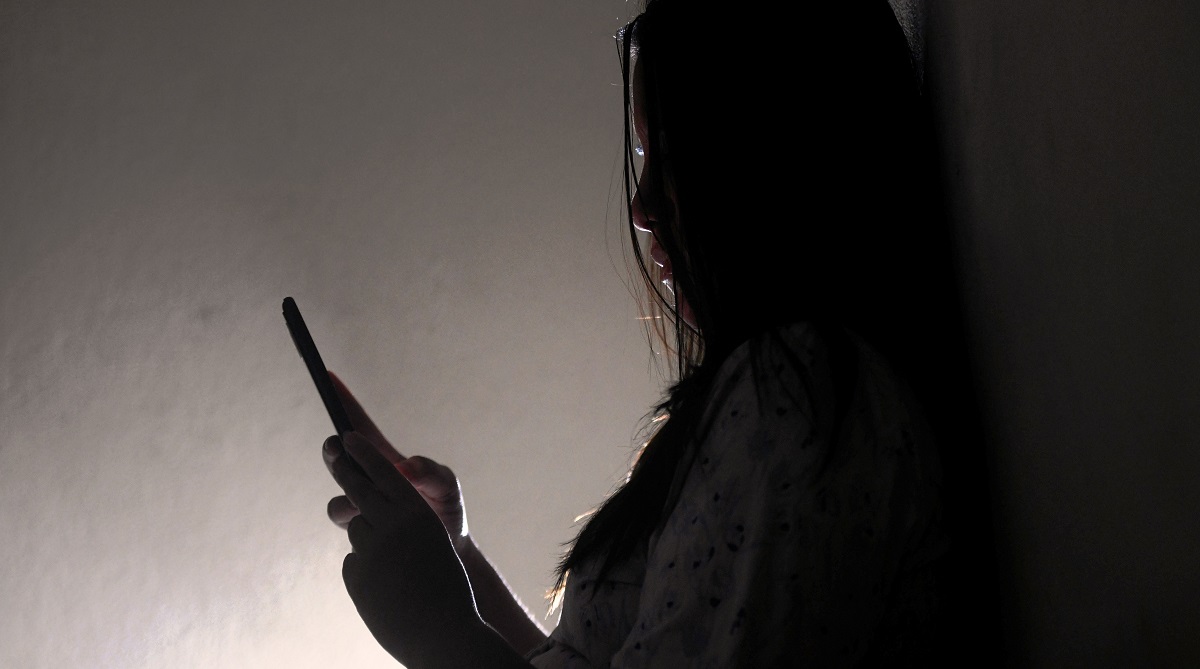Now you might not be able to hide your lethargic or lazy self at work as a team of researchers has developed a tool that will hunt down your alertness levels during work. This tool will trace your alertness by measuring the size of your pupil captured through a burst of photographs taken every time you unlock your smartphones.
Published in the journal ACM Digital Library, the findings showed that the pupil-scanning reliably predicted alertness.
“Since our alertness fluctuates, if we can find a pattern it will be very useful to manage and schedule our day,” said lead author Vincent WS Tseng from the Cornell University in New York.
Since conventional means to study alertness levels tend to be obsolete and bulky, researchers wanted to create a way to measure alertness quietly and constantly.
“Since people use their phones very frequently during the day, we were thinking we could use phones as an instrument to understand and measure their alertness,” Tseng said.
“And since people’s eyes are affected by their alertness, we were thinking that when people are looking at their phones, we could use a moment to measure their alertness at that point,” Tseng added.
When people are alert, the sympathetic nervous system causes the pupils to dilate to make it easier to take in information. When they’re drowsy, the parasympathetic nervous system causes the pupils to contract, the team said.
For the study, the research team included two studies conducted over two years.
The new tool could be particularly useful in healthcare since medical professionals often work long hours doing intricate and important work. For example, clinicians typically look at devices during surgery, and a front-facing camera on the devices could track their alertness throughout procedures, Tseng said.
But understanding alertness patterns could be helpful to people in many kinds of workplaces, Tseng added.
(With agency inputs)
MARVIN RECINOS / AFP










